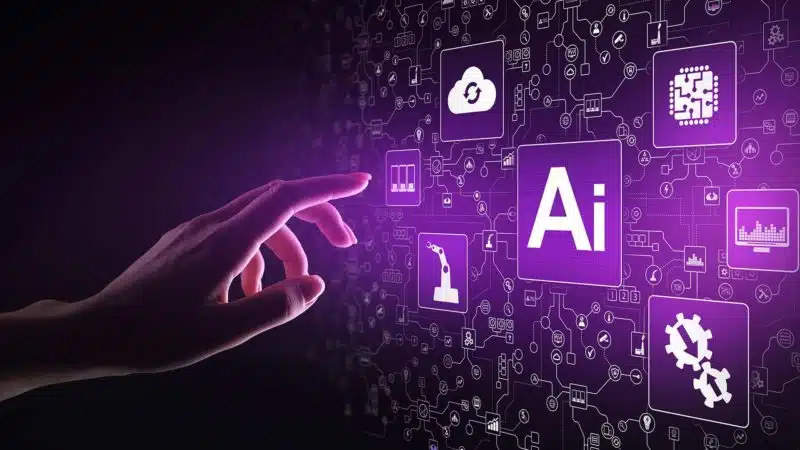
In recent years, Search Engine Optimization (SEO) has undergone a major transformation, largely driven by the rapid advancements in artificial intelligence (AI). From smarter search engines to advanced content generation and predictive analytics, AI is revolutionizing how businesses manage and grow their online presence. This evolution is prompting a key question: Is AI signaling the end of traditional SEO?
The short answer is no — but it is redefining it. AI isn’t replacing SEO; it’s enhancing it. By powering smarter algorithms and offering deeper insights, AI is helping marketers make better decisions, stay ahead of search trends, and deliver more relevant content to users.
Search Engines Are Smarter Than Ever
One of the most profound ways AI has impacted SEO is through how search engines now understand language. AI models like Google’s BERT and MUM allow search engines to grasp the intent behind a user’s query — not just the literal keywords. They interpret content like a human would, analyzing tone, context, and relationships between topics.
This shift means that keyword stuffing or surface-level content no longer works. To rank well today, businesses must create high-quality, relevant content that aligns with user intent, answers real questions, and offers in-depth value. In short, successful SEO now starts with understanding what users really want to know — and delivering that with clarity and depth.
AI-Generated Content Is Flooding the Web
Thanks to AI writing tools like ChatGPT, Jasper, and others, producing content has never been faster or easier. Marketers can now generate blog posts, product descriptions, or marketing copy in seconds. However, the quality of AI-generated content varies, and search engines are quick to detect low-value, mass-produced material.
Google has made it clear: automatically generated content that lacks originality or usefulness can be penalized. The best approach is to use AI as a creative assistant — for brainstorming, outlining, and drafting — while ensuring the final content is enriched with human insight, relevance, and authenticity. In today’s SEO landscape, quality beats quantity every time.
Search Is Now Conversational and Visual
Another shift fueled by AI is how users are searching. Voice assistants like Siri and Alexa, along with visual tools like Google Lens, are making search more natural, conversational, and image-driven. People are no longer just typing keywords — they’re speaking full questions or using photos to find what they need.
This means SEO must adapt to how users communicate. To stay competitive, businesses should focus on creating content that answers specific questions, use structured data to improve search engine comprehension, and ensure images are optimized with proper alt text and file naming. Embracing this new way of searching allows businesses to connect more meaningfully with their audiences.
User Experience (UX) Now Affects Rankings
AI is also improving how search engines measure user experience. Google now tracks how people interact with websites — from page speed and mobile-friendliness to bounce rates and dwell time. These signals help determine how useful and enjoyable a site is, which directly affects rankings.
To meet modern SEO standards, businesses must prioritize Core Web Vitals, create responsive mobile designs, and build intuitive, user-focused experiences. Websites that are fast, clean, and easy to navigate perform better not only in search results but also in keeping users engaged.
Final Thoughts: SEO Isn’t Dead — It’s Smarter
AI is not killing SEO; it’s making it more intelligent, adaptive, and human-focused. Today’s SEO is about writing for people while optimizing for machines — understanding user behavior, staying on top of emerging trends, and using AI-powered tools to make strategic, data-backed decisions.
As the digital landscape continues to evolve, businesses that embrace AI as a partner in their SEO strategy will have a clear edge. In the end, the goal remains the same: helping people find the information they need in the smartest, fastest, and most intuitive way possible.


